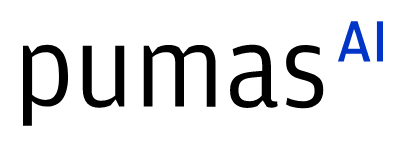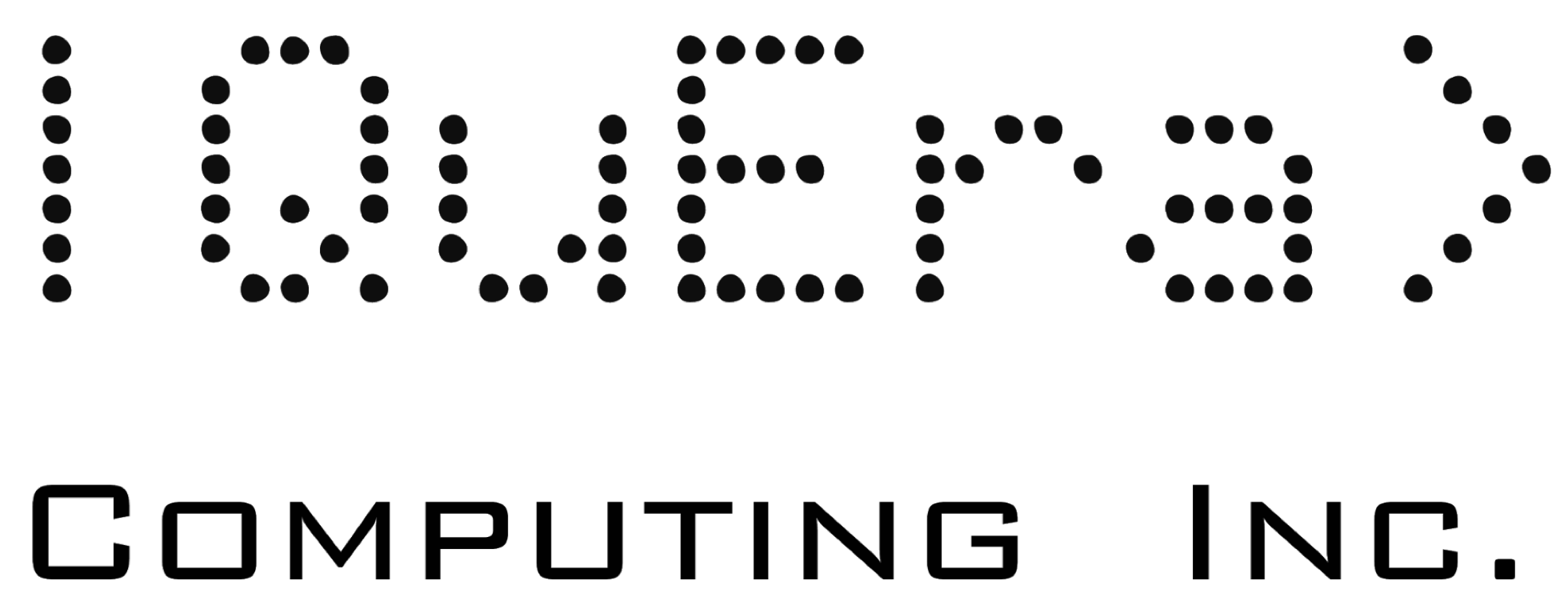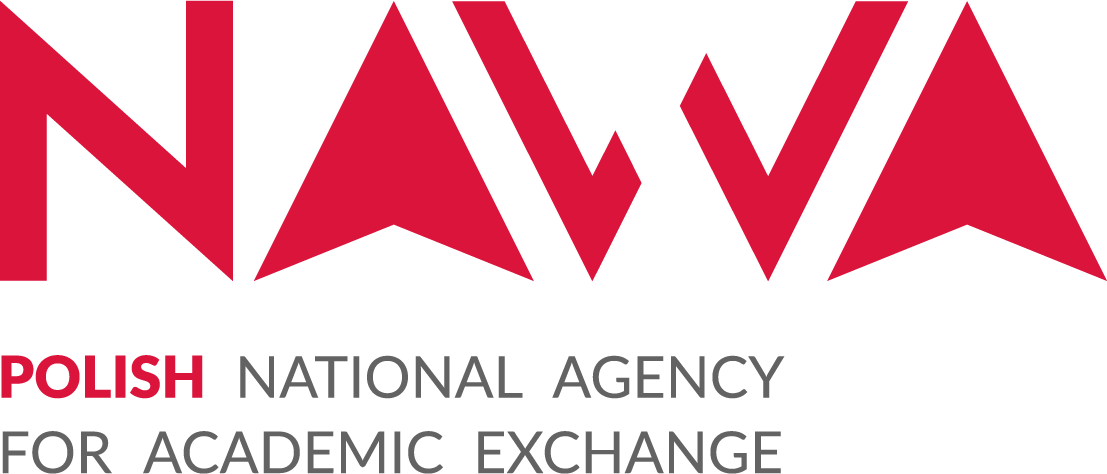Sound Synthesis with Julia
Abstract:
We describe and demonstrate a method to use Julia to generate music on a computer. While electronic music generation has had a long and distinguished history, the use of the Julia programming language provides benefits that are not available using traditional tools in this area.
Description:
Most electronic music synthesis software today is written in C/C++. This is usually due to the performance requirements that are necessary in this domain. The use of Julia however brings two distinct advantages to this area.
First, using a high level, dynamic programming language, allows for a wider and more productive range of experimentation. The use of Julia allows for the performance characteristics to me met, while working in an easy to use language. Second, the wide range of high quality mathematical libraries in Julia, from FFT to differential equation solvers, allows for the use of high level constructs, further increasing the productivity of the artist.
In this talk, we show a set of fundamental building blocks for music synthesis in Julia. From wave generators to filters to amplifiers, we will see how these can be built with simple Julia functions, leveraging the existing ecosystem. We will show that Julia's ability to build abstractions without sacrificing performance is crucial to this use case.
Having built some of the underlying tooling for music synthesis, we will demonstrate its use in a real world project of building an electronic replica of an particular large organ.
Platinum sponsors

Gold sponsors

Silver sponsors




Bronze sponsors

Academic partners

Local partners

Fiscal Sponsor
